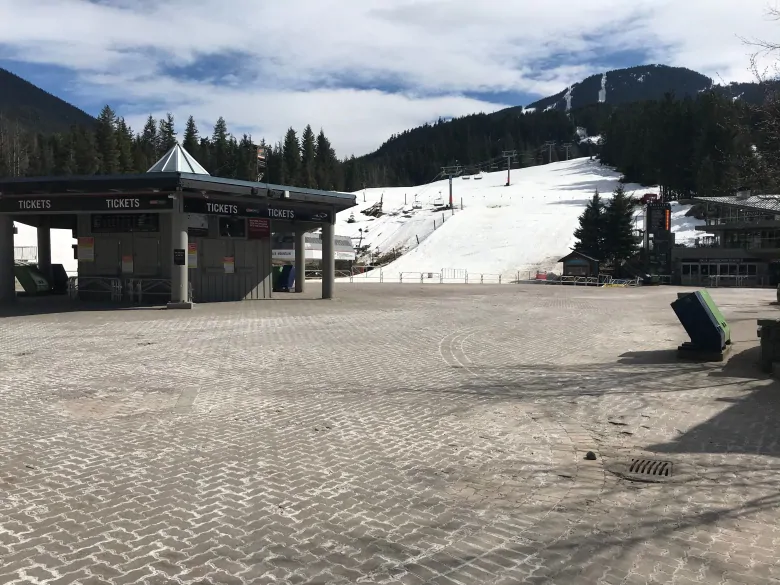While recent refugees arriving in Canada have faced many of the same setbacks other Canadians are dealing with during the pandemic, advocates for them fear lockdowns will further delay their access to health care, housing and financial support.

Hamzeh Alnas came to Canada to start a new life.
After fleeing Syria’s civil war, the 26-year-old arrived in British Columbia on Jan. 15, 2020, with his partner, Julia. They began working two weeks later at the Four Seasons hotel in Whistler.
But then on Jan. 25, Canada registered its first “presumptive case” of COVID-19, with the coronavirus pandemic ultimately leading to widespread shutdowns and physical distancing measures.
The once-bustling mountain resort turned into a ghost town.
On March 11, Alnas lost his job and the accommodation that came with it.
“I was rebuilding myself, but then this happened. I’m getting scared about tomorrow because nobody knows what tomorrow is hiding,” he said.

Alnas is able to live in the Four Seasons’ employee accommodation until the end of April, but after that, he and his partner need to find somewhere new to live.
He’s considering moving to Vancouver to find another job and a new house but admits his savings will only last a few months.
Newer refugee arrivals face even bigger hurdles in accessing accommodation and stable financial assistance because of the pandemic, said Loren Balisky, director of engagement at Kinbrace, a B.C. refugee housing and support service.
One of his clients, a young single mother from East Africa, arrived in Canada seeking protection on March 20, 2020. She was referred to a temporary shelter and put in touch with a lawyer to help with her application for refugee status.
Hamzeh Alnas and Hassan Al-Kontar describe how they’re dealing with job losses and uncertainty. Al-Kontar says his feelings of anxiety and unease remind him of living in Syria in 2011, during the civil war. 1:39
Living in homeless shelter
A week later, immigration offices started to close and the woman was issued an acknowledgement of claim letter, which recognized her request to enter the refugee determination system but fell short of the valid ID she needs to open a bank account, apply for a work permit and submit an application for a social insurance number, Balisky said.
The woman is living in a homeless shelter and while she has access to some income assistance, without a bank account, she struggles to cash her monthly cheque.

“My concern is that this already vulnerable population, which clings to the edge of the earth for survival, are suffering even more and being shut out of systems of welcome and belonging by the virus,” said Balisky.
The longer refugees are prevented from settling, he added, the more complicated their adjustment becomes.
Loss of normality
Hassan Al-Kontar knows what it’s like to have your world turned upside down with uncertainty.
In 2018, his plight as a Syrian refugee garnered global attention when he lived in Kuala Lumpur International Airport in Malaysia for seven months to avoid being sent back to Syria.
Eventually, the 38-year-old made it to Ca

